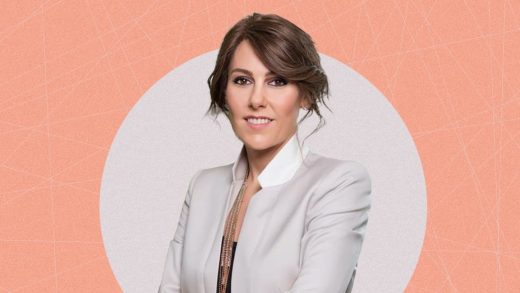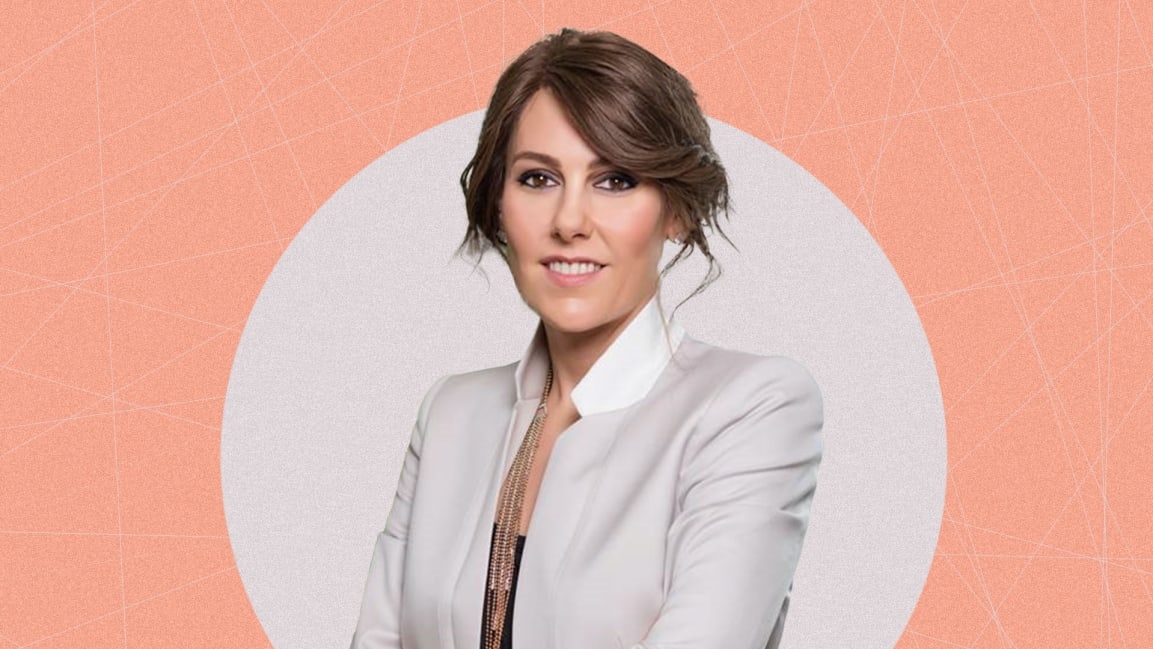“Business is not and should not be only about the bottom line”
Hanzade Dogan Boyner knew the COVID-19 pandemic would be an inflection point for her Hepsiburada, the e-commerce company she founded in Turkey in 2000.
Dogan Boyner wasn’t sure how—or how long—the virus would impact life in Turkey, whose government imposed curfews, contact tracing, social distancing, and other restrictions rather than a total lockdown. But even before Turkey recorded its first cases of the virus in early March, she says, she and her team started to prep to be an essential service—not just to consumers seeking items such as electronics, toys, cleaning supplies and books, but to small brick-and-mortar businesses that would need a way to reach homebound customers.
Hepsiburada quickly launched a program to offer commercial, operational, logistics, and fulfillment services to manufacturers and retailers affected by the restrictions, and it worked with Turkey’s Ministry of Commerce and Industry to create an initiative that provided marketing and sales support, and in some cases, discounts on commission and logistics support. “We became a lifeline, not just for the consumers but for small businesses and our merchants,” Dogan Boyner says. (Like Amazon.com, the global e-commerce giant, Hepsiburada has a robust merchant program that allows sellers to leverage its existing infrastructure for a fee.)
Dogan Boyner has a track record of opening the Hepsiburada platform to struggling businesses. In 2017, she created Women Empowerment Through Technology, which helps female founders in Turkey open virtual storefronts on Hepsiburada at no cost. Participants get 75% off commission fees, free shipping for six months, banner placement on the website, and other support.

The women’s program, Dogan Boyner admits, “does not have a positive impact” on profits. “Business is not and should not be only about the bottom line,” she says. “A key metric for our women’s entrepreneurship program is what impact do we have in helping our entrepreneurs to grow their business.” Privately held Hepsiburada does not disclose sales or net income; people close to the company say its 2020 revenue is on track to top $2 billion.
In order to prepare Hepsiburada for operating through the pandemic, Dogan Boyner says the company provided all employees with personal protective equipment, organized shifts for smaller groups, and added extra service buses so employees could commute safely. “I think it surprised people but it was a signal of who we are,” she says. “Without thinking twice, we stepped up to take all those precautions.”
At a time when companies around the world are rejecting shareholder primacy and embracing the idea that companies should serve customers, employees, suppliers and communities in addition to shareholders, Hepsiburada’s actions during the pandemic offer an interesting glimpse at “stakeholder capitalism” at work. Dogan Boyner would argue that she’s simply following the lead of her father, a prominent business magnate with holdings in media, energy, tourism, and industry. “Employee well being and the general well being of the company was very, very important,” she says. “Profits never came before the general wellbeing of the of the employees and of the all stakeholders.”
Ironically, Dogan Boyner tried to build an online business inside her father’s media conglomerate, but her risky tech ventures—and her entrepreneurial zeal—were a poor fit. She spun Dogan Online Group (Hepsiburada’s parent) out in 2000, using her own inherited wealth and money from her three sisters for financing. Her father declined to invest. She says her business approach also reflects her Turkish upbringing. “If your neighbor doesn’t have food, you share,” she says. “That’s very embedded in us.”
Hepsiburada is now Turkey’s leading e-commerce brand, with strategic partnerships with companies such as Apple, Samsung, Dyson, Phillips, Procter Gamble, Unilever and others. The company is frequently compared to Amazon, which reportedly considered acquiring Hepsiburada. Amazon launched operations in Turkey in 2018.
Dogan Boyner success—and her independent streak—has made her a role model for female founders in Turkey. “It is evident that her spirit drives the company and is the soul of the business,” says Özge Uzmay, founder of Aybi Baby, a company that specializes in bedding and textiles for cribs and nurseries. Uzmay, who launched her business in 2007, says she had struggled with her own website. “I spent a lot of time and wasted a lot of money because I did not understand the basics of e-commerce,” she says. She participated in Hepsiburada’s women’s empowerment program, where she got access to free professional photo shoots, assistance with search engine optimization and other online tools. She continues to participate in e-commerce seminars offered by Hepsiburada, where she’s had a chance to meet other women entrepreneurs. Says Uzmay: “The experience was transformational.”
(9)



